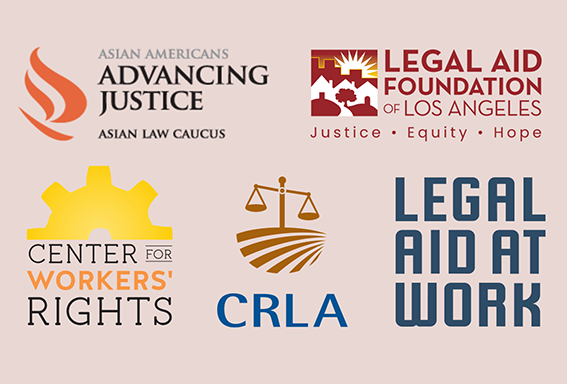The EDD Must Improve Language Accessibility for Non-English Speakers
The California Employment Development Department (EDD) has reached a settlement with several advocacy groups, promising to improve language services for non-English speakers applying for benefits. As a result of the settlement, the EDD must provide translation services through professional interpreters and expand phone lines to include the top seven non-English languages spoken in California by the end of 2022. Among the new languages to be added are Korean, Tagalog, and Armenian.
The EDD has also been tasked with translating necessary unemployment insurance documents into 15 different languages, which include Arabic, Farsi, Punjabi, Russian, Japanese, Hindi, Khmer (Cambodian) and Thai, in addition to others. The department is also required to enhance online multilingual access portals in these top languages by 2024.
The settlement directly addresses issues faced by non-English speaking residents like Gregorio Sanchez, who had struggled with the claims process due to a lack of access to translation services. The EDD has committed to ensuring equal access to language services and has set up a complaint form for anyone denied these services.
The settlement will further hold EDD more accountable to the diverse language requirements of California’s population. California is one of the most linguistically diverse states in the country, with nearly half of its residents speaking a language other than English at home, and about 7 million of them primarily using one of the more than 200 non-English languages.
During the course of the pandemic, barriers to accessing unemployment benefits were compounded for non-English speakers, as numerous people reported difficulties in reaching the EDD or communicating with their agents. The improved language services and translation efforts are expected to alleviate such difficulties and make the process more equitable.
As a part of the agreement, the EDD will also collect and share data on the use of its language services, enabling advocates to monitor the system’s effectiveness. EDD has to set up a multilingual access unit and form an advisory committee comprising community members for language access. These requirements apply to EDD’s external vendors as well, notably ID.me, which verifies the claimants’ identities, and Bank of America, which issues debit cards for benefit disbursement.
In conclusion, ensuring a transparent and accessible approach to services for all demographic groups remains a top priority for EDD. If you want to know how to get through to the EDD, the information is available on eddcaller.com. The site provides comprehensive instructions on how to navigate communication with the EDD, simplifying the process and ensuring that users get the help they need efficiently. Leveraging this resource is a great solution for anyone looking to understand how best to engage with EDD’s services.
